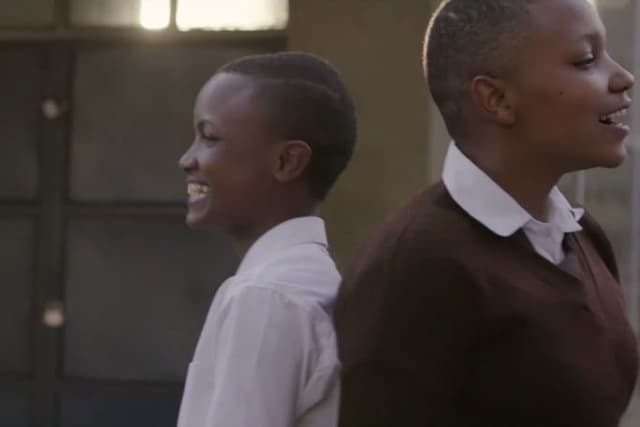
2040 - Empowering Women and Girls
Lesson2 of 6 in this unit
SecondaryYear 9 - 10EnglishPersuasive writingText AnalysisEnvironmentalClimate ChangeSustainability
Summary
Lesson Guides and Printables
Lesson Plan

Student Worksheet

Teacher Content Info


Lesson Plan

Student Worksheet

Teacher Content Info
